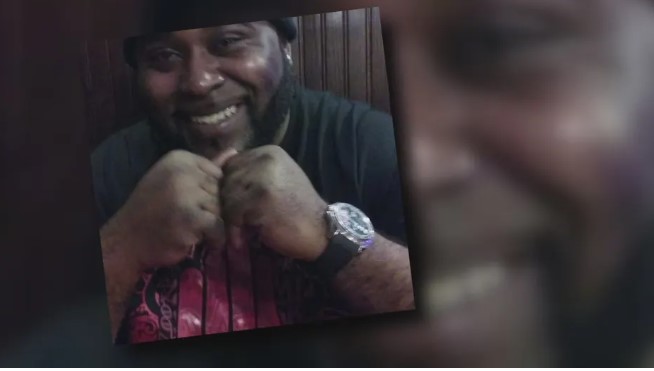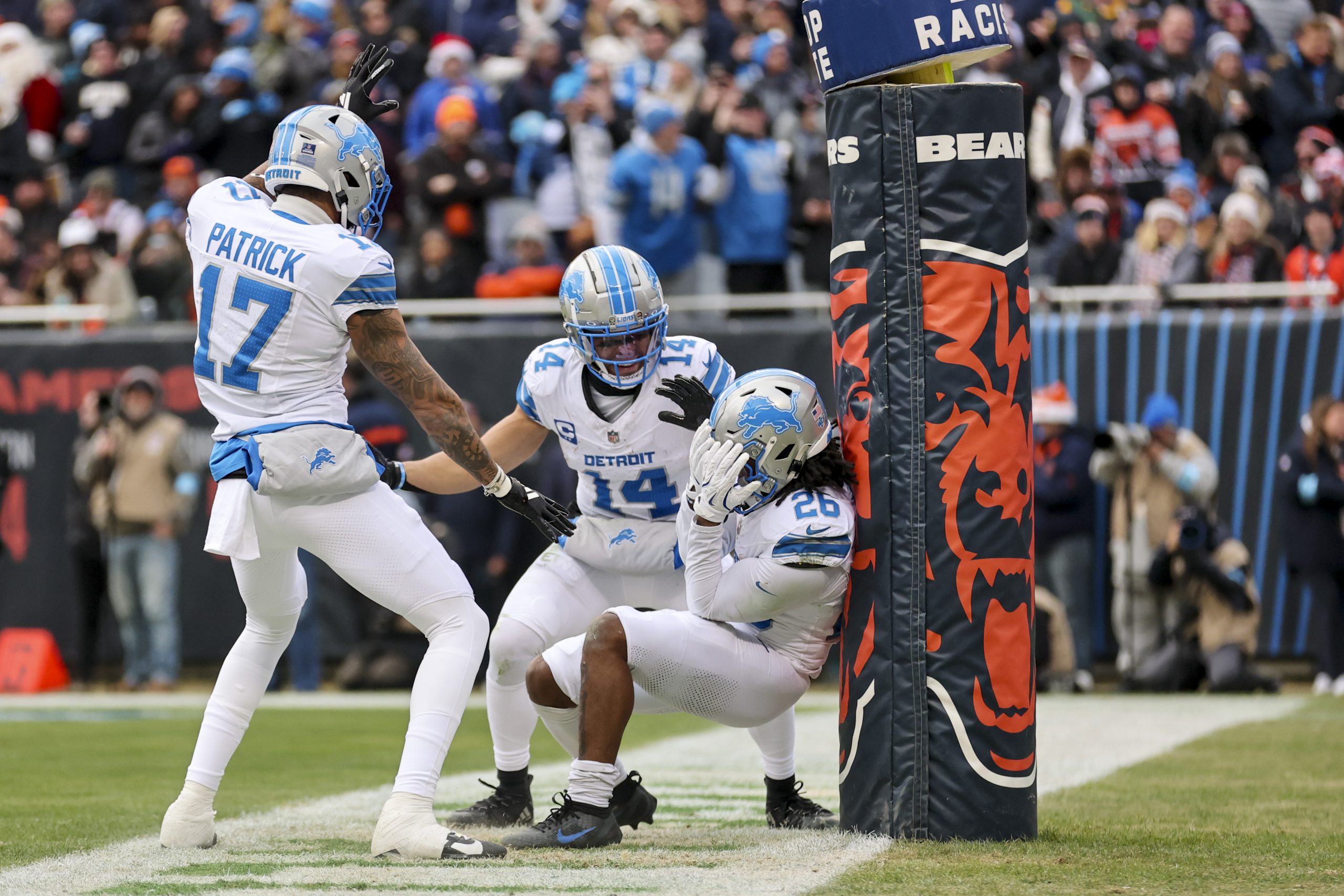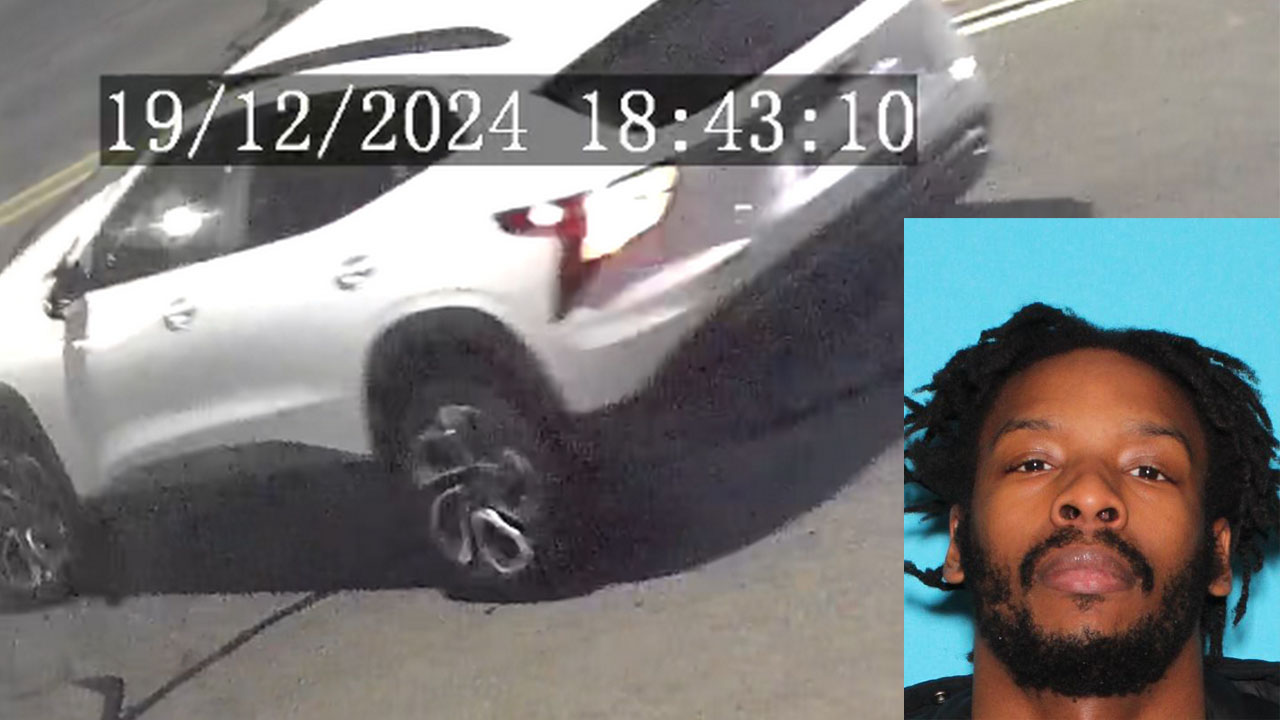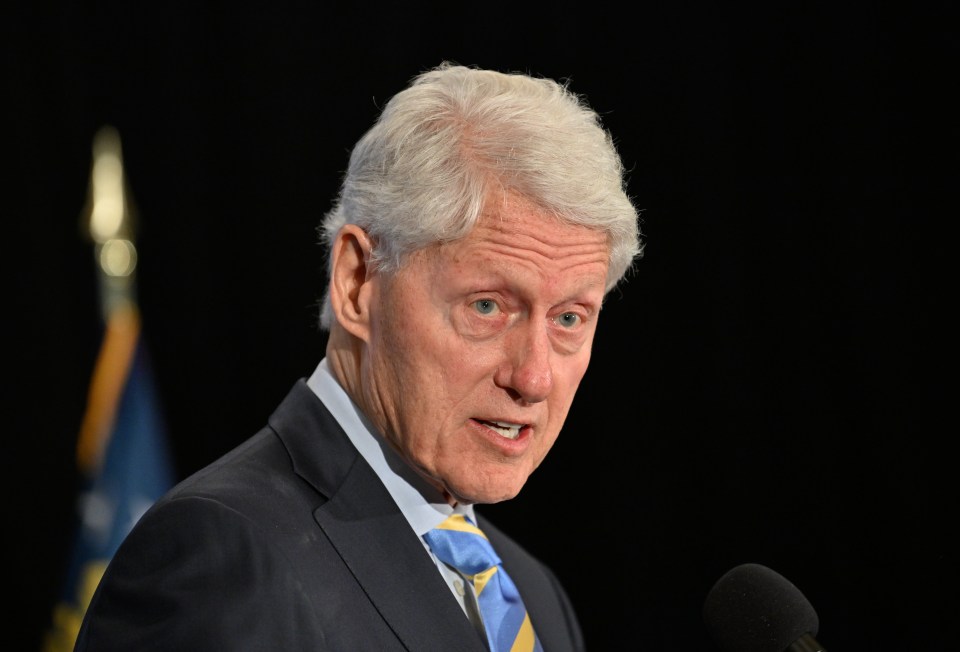Is it legally compulsory for consumers in Missouri and Illinois to pause for receipt checkers?
ST. LOUIS: There’s a chance that if you often shop at big-box stores, an employee has stopped you to verify your products and receipt before you leave. Are you legally compelled to stop as a shopper?
It varies. It all starts with any policies that the shops could have in place. The next question is whether or not such activities are mandated by the state in which you buy.
There are three major retailers that you might see receipt checkers at.
When you leave Walmart, a staff might offer to look over your receipts; nevertheless, this is considered an optional rather than a necessary request.
As part of the shopping experience, members of Sam’s Club and Costco consent to receipt checks.
It’s crucial to remember that various stores might check receipts in somewhat different ways. Check the policies of the retailer where you intend to stop if you’re unsure.
The states are the final stop. Neither Missouri nor Illinois’ state statutes contain the phrases “receipt checker” or “receipt checking.” As a result, it boils down to the manners described in other state regulations, which some customers refer to as the “shopkeeper’s privilege.”

The statutes describe it as follows:
Missouri State Statute explains of:
“Any merchant, his agent, or employee who has probable cause or reasonable grounds to believe that someone has taken goods or money from a mercantile establishment unlawfully may lawfully detain that person for a reasonable period of time while they conduct an investigation to see if any such goods or money have been taken unlawfully.
Any such authorized detention won’t be considered an illegal arrest or detention, nor will it subject the business, his agent, or employee to legal or criminal consequences for the individual being held.
The following circumstances are also covered by the Act, to put it briefly:
“Anyone who knowingly conceals property that has not been paid for from any mercantile establishment… will be assumed to have done so with the purpose to constitute product theft.
Any such legitimate detention won’t be considered illegal and won’t subject the merchant, his agent, or any of their workers to legal or criminal consequences.
An employee may notify law enforcement and begin criminal proceedings against an individual “who has reasonable grounds or probable cause to believe that a person has committed a wrongful taking of property.”
Additionally, the merchant will not be held “civilly liable to the person so detained or against whom proceedings are instigated” for any interactions with authorities, nor will they “constitute malicious prosecution.”
The law as written doesn’t strictly say that customers should present their receipts as they leave, but it does give retailers the authority to stop customers and verify their purchases—as long as they do it politely and within a reasonable amount of time.
In a nutshell, is it legally necessary for customers in Missouri to pause at retail establishments without policies in order to inspect their receipts? No. It is allowed for customers to decline to display their receipts at a stop. Having said that, it’s crucial to remember the shopkeeper’s privilege.
Illinois State Statute explains of:
“Any merchant who possesses reasonable suspicions that an individual has engaged in retail theft is entitled to detain said individual, either on or off the premises of a retail mercantile establishment, for a reasonable duration and in a reasonable manner,” for any or all of the following five specific purposes:
To “reasonably” enquire as to whether the subject has goods they haven’t paid for and look into who owns them;
to turn over the subject to the custody of a peace officer after notifying them of their arrest;
If it concerns a minor, notify the minor’s parents, guardian, or any other private individual with a vested interest in their welfare as soon as possible.
The act as written doesn’t specifically say that customers should provide their receipts when they leave, but it does grant retailers the right to stop customers for several reasons, including a legitimate fear that the customer may have stolen goods.
In a nutshell, is it legally necessary for customers in Illinois to pause at retail establishments without policies in order to verify their receipts? No. It is allowed for customers to decline to display their receipts at a stop. Having said that, it’s crucial to remember the shopkeeper’s privilege.










